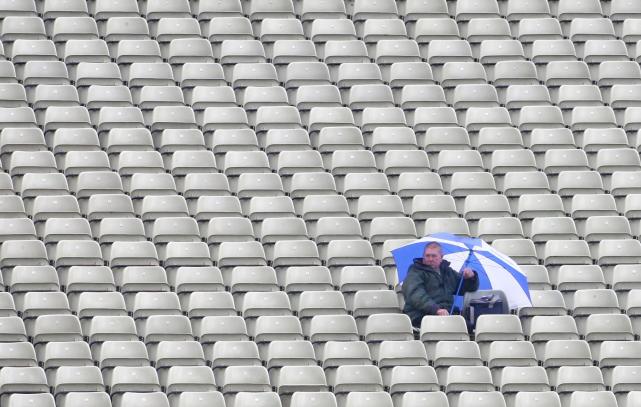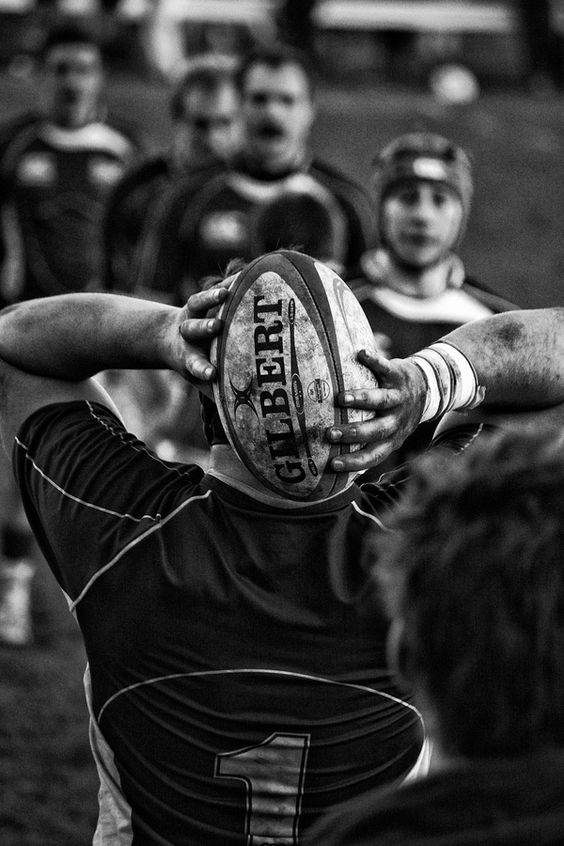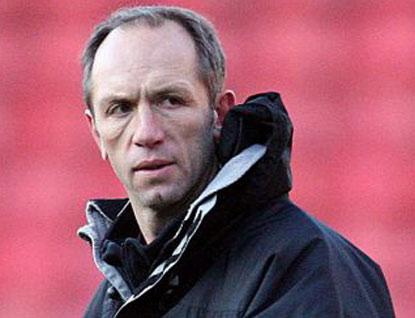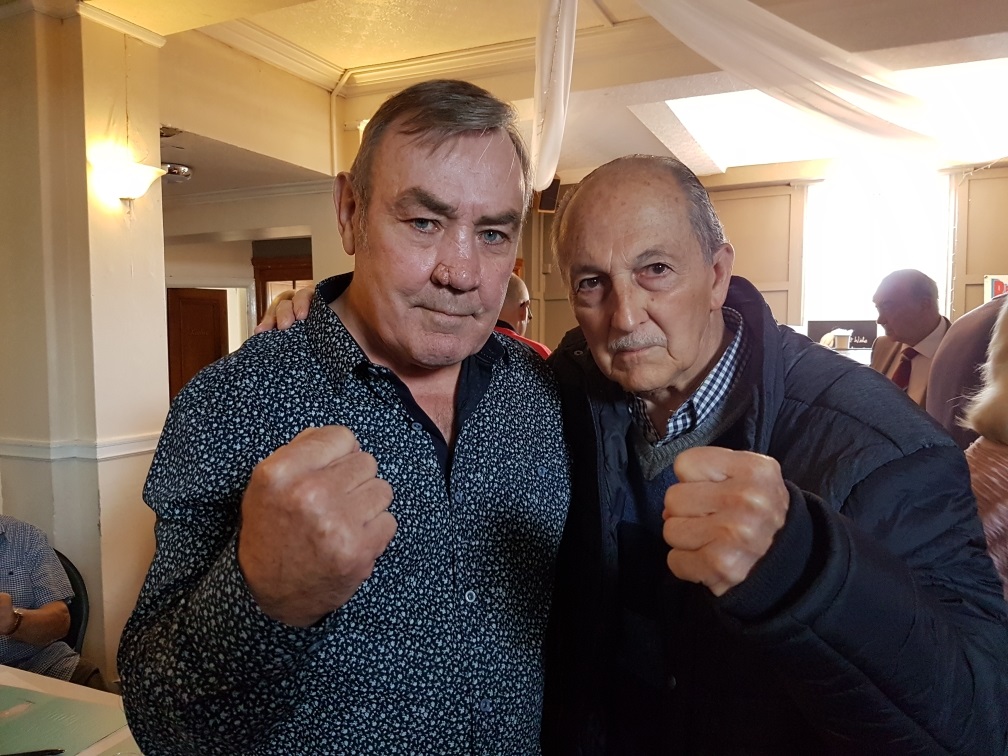“You don’t build the church for Easter Sunday,” the saying goes, a lesson that South African sport has demonstrably failed to heed.
In our obsession to be big and bold, we’ve built grand sporting cathedrals all over the place. They dot the landscape from north to south, a curious reflection of our relentless pursuit of vanity projects.
Which is why the announcement this week by the Kings, that their match against Ulster next weekend will be played at Wolfson Stadium in Kwazakhele, is such a refreshing game-changer.
The Kings have finally come around to the reality that putting 10 000 people in a 10 000-seat stadium is a far better prospect than plonking that many in a 46 000-seat arena.
Players and spectators alike will tell you how insipid it is to watch and compete in a soulless venue where it’s often possible to count the spectators in their hundreds.
Sadly, this has become the norm in SA sport as a flat economy and competing interests take hold. The consequence is that fewer people are attending live sport than ever before.
The contrast, such as next weekend, will see township fans rock up in their droves. There will be a novelty to the occasion, but also a sense of community; a throwback to when rugby provinces used to be far more strongly affiliated to their cities – and their citizens – than they are today.
It’s probably no coincidence that this will be a Pro14 match. Watching on television it is evident how teams like Ulster, the Scarlets (of Wales) and Glasgow all play in compact, intimate venues; seating capacities being 18 000, 14 300 and 9700 respectively.
Crowds pack in tightly, excitement is whipped up and the result is invariably a spectacle both on and off the field. Indeed, even watching on television from thousands of kilometres away, the atmosphere lends a vibrancy that just doesn’t exist in large arenas with swathes of empty seats.
Two factors have largely contributed to SA’s incongruous fixation with mega-stadiums. Venues like Loftus Versfeld and Ellis Park were constructed during apartheid when rugby was the only game in town for the ruling elite. Stadiums were monuments to city fathers’ vanity.
Starved of international rugby, fans packed these grounds even for Currie Cup matches.
TThe country is now cluttered with super stadiums which are hardly ever filled to capacity
Then of course there was the 2010 World Cup which saw FNB, the country’s biggest stadium, given a R1,5-billion makeover. Desperate to please Fifa’s grandees, we set about building even more: Nelson Mandela Bay Stadium, Cape Town Stadium, Moses Mabhida, Mbombela Stadium and the Peter Mokaba Stadium.
The country is now cluttered with super stadiums which are hardly ever filled to capacity. Kaizer Chiefs against Orlando Pirates is the only match that regularly sells out the 94 000-seat FNB Stadium, but at best this occurs only two or three times a year.
(Interestingly, the Boks versus the All Blacks there in 2010 set the stadium attendance record that still stands).
Newlands was recently packed for the New Zealand Test, but as last weekend’s Currie Cup playoff demonstrated, not even an old-fashioned derby does the trick any longer.
On the flipside, one of the cornerstones of SA’s 2023 Rugby World Cup bid hinges on the size and stature of the country’s monolithic stadiums. The bid could take flame with World Rugby’s announcement on Tuesday of its board’s recommendation for the host candidate.
South Africa has far too many such stadiums, but moth-balling them, as Athens did after hosting the Olympics, and Brazil has done – Estádio Nacional in the country’s capital of Brasília is being used as a bus depot – isn’t the answer.
The Kings have pointed the way. Why not take all the but the biggest games to club grounds and community venues? Of course, there are issues over suites, security and the like, but continuing as we are is a lose-lose game. Opening a massive stadium for 5000 or 6000 people costs more than the revenue coming in. Rugby, whatever you may think, isn’t a game flush with cash.
The egos must be packed away and hard decisions made. Rugby, and indeed soccer and cricket, face a time of reckoning.
The small-town Kings have shown the way. – © Sunday Tribune








